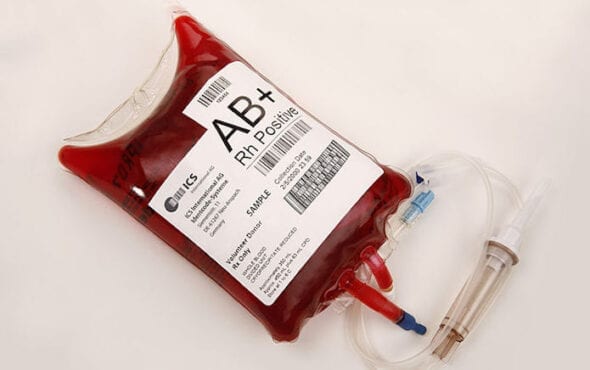
Australia has finally eased its long-standing blood donation rules for gay and bisexual men.
In a historic move, the country’s Red Cross Lifeblood service reduced the previous waiting period from 12 months – which had been the policy since 2000 – to three months of celibacy.
Prior to that, MSM (men who have sex with men) were banned for donating for life due to stigma and fear surrounding HIV/AIDS transmission.
“Following the approval of our submissions by the TGA, subsequent agreement by all Australian governments, and an update of Lifeblood systems including the donor questionnaire form,” the organisation said in a statement.
“We are pleased to report this change was applied on 31 January 2021 and is now in place for all applicable sexual-activity-based blood donation deferral policies.
“At Lifeblood we’re continuing our focus to make it easier for all Australians to give blood, while always ensuring Australia’s blood and blood products are as safe as possible for blood recipients.”
The move follows in the footsteps of the United States and Canada, who also relaxed their blood donation rules to three months. While it has been hailed as a step in the right direction, LGBTQ+ activists have questioned the need for a deferral period.
Rodney Croome, a spokesperson for just.equal, said in a press release that the Australian government need to “adopt a new approach to blood donation that screens donors for their individual sexual risk rather than the gender of their sexual partner.”
He stated: “The current governments of both the United States and the United Kingdom are committed to replacing their gay blood bans with individual risk assessment, and it’s time for Australia to do the same.
“We call on the Australian Red Cross Lifeblood Service to ditch a policy American experts label ‘illogical and unsubstantiated’, and adopt a policy based on scientific evidence instead.”
According to QNews, the updated rules also also apply to transgender people who have engaged in sexual contact with a man or transgender person within the past three months, as well as sex workers.
The new rules came into effect on 31 January.



